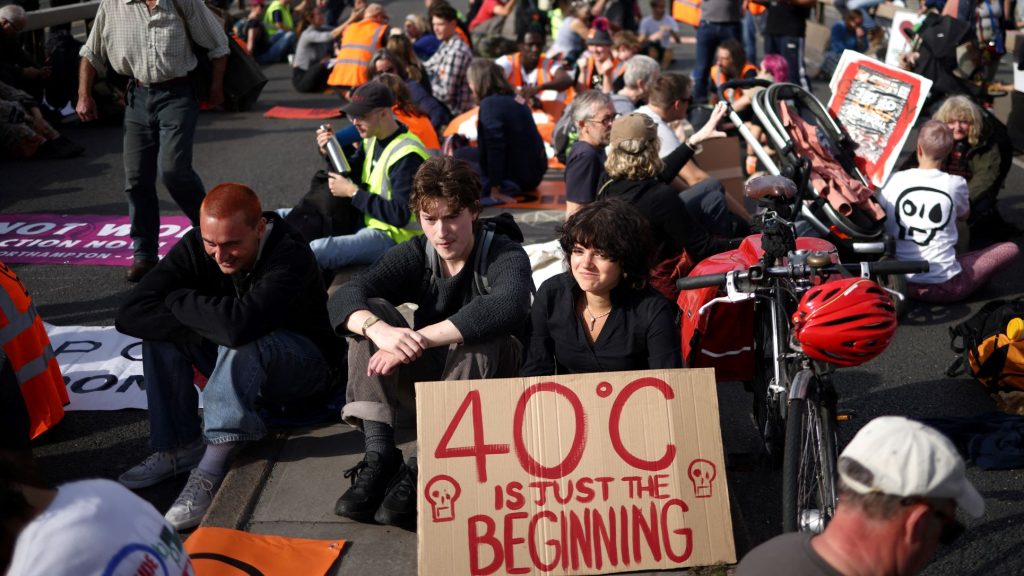
Britain has no clear strategy on how it plans to meet a target of decarbonising its electricity system by 2035, threatening efforts to boost energy security, the country’s climate change advisers said on Thursday.
Britain has a target to reach net zero emissions by 2050 and is also seeking to improve its energy independence after Russia’s invasion of Ukraine sent energy prices to record highs.
As part of this goal, which requires a huge scaling up of renewable power generation such as wind and solar, Britain has set a target to decarbonise electricity supplies by 2035 to reduce reliance on imported gas.
“The Government has not yet provided a coherent strategy to achieve its goal, nor provided essential details on how it will encourage the necessary investment and infrastructure to be deployed over the next 12 years,” a report by Britain’s Committee on Climate Change (CCC) said.
Reforms need to be made to the country’s systems for planning, consenting and connecting new projects to the power grid to enable development to scale up and meet the target, the report said.
The report said swift reforms could help Britain to generate about 70% of its electricity from renewable sources, with nuclear and bioenergy with carbon capture and storage (CCS) accounting for roughly 20% by 2035.
The remaining supply could come from low-carbon back-up generation such as hydrogen-powered turbines and some fossil fuel plants with carbon capture technology.
Only 2% of supply is expected to come from gas power plants without carbon capture technology. Such plants currently account for about 40% of the country’s electricity supply.
A spokeperson for the Department for Energy Security and Net Zero said low-carbon sources such as renewables and nuclear provide half of total UK energy generation and the country is rapidly progressing developments in CCS.
“The UK is a world leader in efforts to reach net zero and we have a laser-like focus on maintaining that position,” the spokesperson added.
The CCC also warned that Britain’s power systems are not adequately prepared for the risks climate change could pose to vital infrastructure and this should be factored in to new project development.
“If climate resilience is neglected in this investment, there is significant risk of locking in increased climate vulnerability or additional costs later on,” the report said.
Climate hazards for power systems could include increased storms or floods damaging infrastructure or possible changes in wind speeds affecting wind power generation, it added.
(Reporting by Susanna Twidale; additional reporting by Nina ChestneyEditing by Christina Fincher and David Goodman)